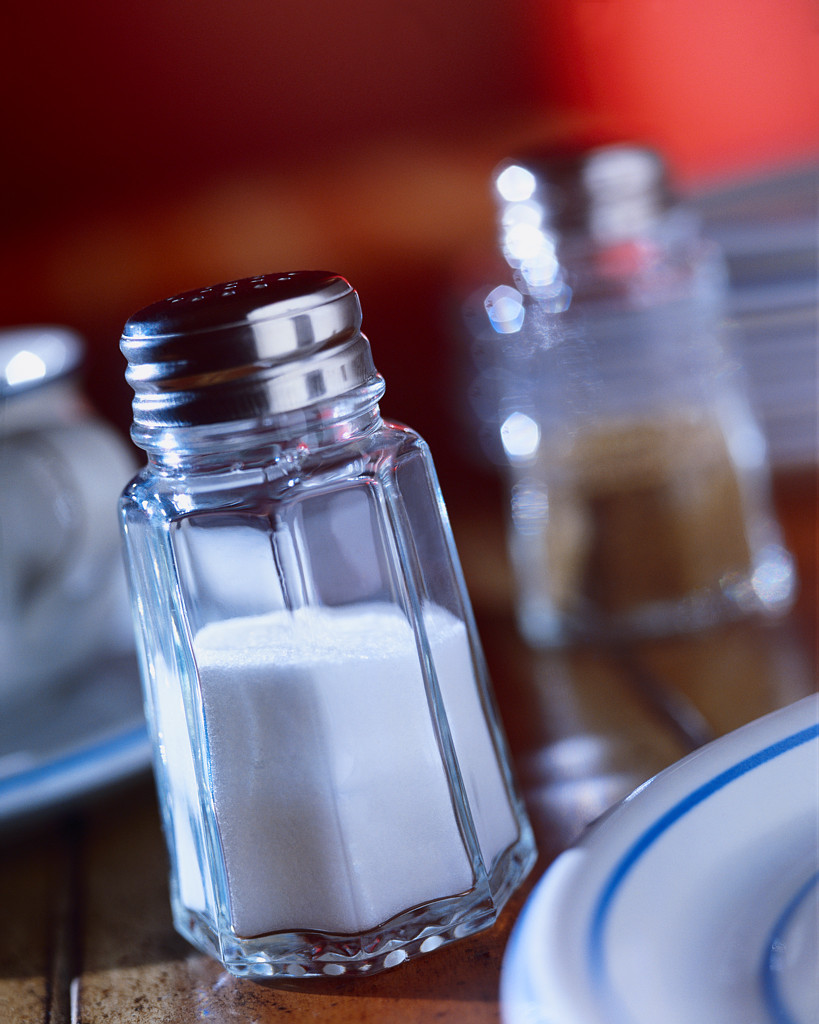
The Salt Controversy: Too Much or Too Little Can Be a Problem
Salt intake has been one of the most controversial health topics for many years. There have been many reports that consuming too much salt can raise blood pressure and increase a person’s risk for heart disease and stroke. Is this really true? On the contrary, can consuming too little salt cause health problems? In this article, we will help clear the air on this essential nutrient.
Salt is an essential nutrient that maintains and regulates blood pressure, carries nutrients into and out of your cells, and regulates nerve and muscle function, just to name a few.
It turns out the “reduce your salt intake” campaign we have been hearing for years is based on only one study! The DASH diet study found that people consuming very low salt intake had a reduction in hypertension (high blood pressure). However, the DASH diet is also low in sugar/fructose. Some health experts believe hypertension is actually promoted more by excess fructose than excess salt. Americans eat far more sugar, especially high fructose corn syrup than salt. According to health experts, this may be the driving force behind the skyrocketing rates of high blood pressure, systemic inflammation and heart disease in this country.
Consuming not enough salt can create health problems. Some of these include:
Nausea, vomiting, and changes in appetite
Headache
Confusion
Hallucinations
Loss of energy
Fatigue
Urinary incontinence
Nervousness, restlessness, irritability, and other mood changes
Muscle weakness, spasms or cramps
Seizures
Unconsciousness
Coma
Another problem many people are experiencing due to very little salt intake is iodine deficiency. Researchers are reporting that nearly 74 percent of normal, “healthy” adults may no longer consume enough iodine.
Iodine is an essential nutrient that is necessary for proper thyroid function. Iodine deficiency can lead to a low thyroid (hypothyroidism). A large portion of this problem is due to the fact that many salt manufactures are no longer adding iodine (most sea salts) or are not adding enough to prevent a deficiency.
More than 80 percent of the salt most people consume is from processed foods. It is true that there is far too much salt in processed foods. If you are eating mostly processed foods and restaurant food, you are likely getting too much salt. If you are mostly eating whole foods at home and using very little salt in your cooking, you may be iodine deficient and increasing your risk for health problems.
Salt requirements vary from person to person. If you are sweating excessively while exercising or working on a hot day, you will require more salt than on a cool day when you are not sweating.
The best strategy is to eat as little processed food as possible to avoid too much salt and use iodized salt at home (to taste) to avoid a deficiency.
Source:
https://articles.mercola.com/sites/articles/archive/2011/09/20/salt-myth.aspx


